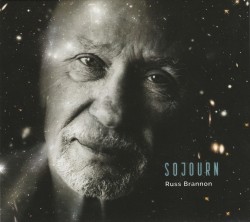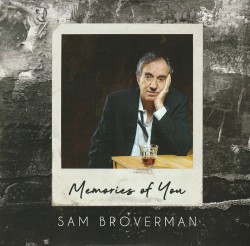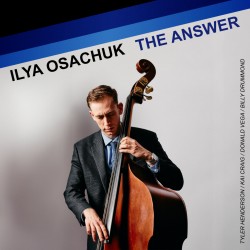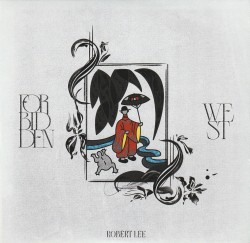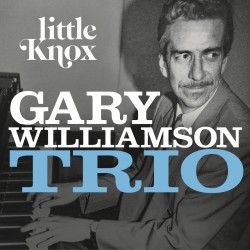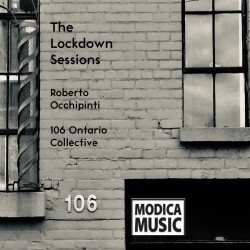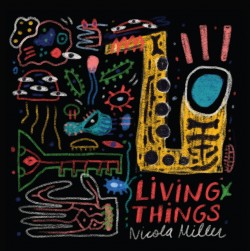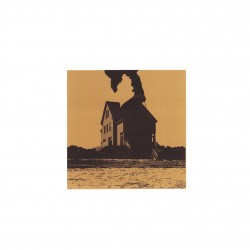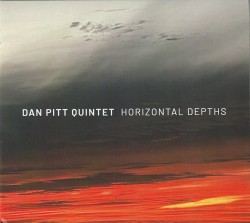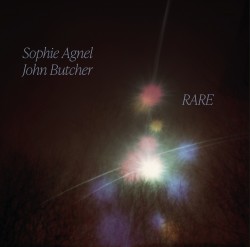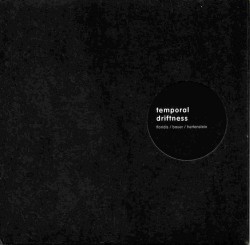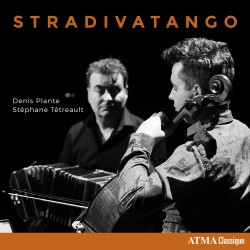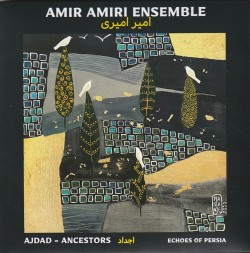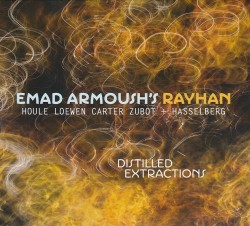Breath of Fresh Air - Diane Roblin & Life Force
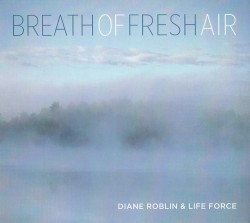 Breath of Fresh Air
Breath of Fresh Air
Diane Roblin & Life Force
Zsan Records ZSAN2415 (dianeroblin.com)
Diane Roblin is one of our most gifted and creative jazz pianists and composers. She is well respected on both electronic and acoustic keyboards, as well as for her penchant for genre blending, and expressing her ideas through compositions and motifs that cover the gamut from free, avant-garde jazz modalities into the realms of soul, fusion, rock and everything in between. Her latest salvo (produced by composer/bassist extraordinaire, George Koller) finds Roblin in an expansive musical wonderland, drawing on her many diverse influences, and performed by her expert, dynamic ensemble featuring Kevin Turcotte on trumpet and flugelhorn; John Johnson on soprano and alto sax; Jeff LaRochelle on tenor sax and bass clarinet; George Koller on acoustic and electric bass and Tim Shia on drums.
First up is, Ladyfinger, funky cool, rhythmic and chordally complex. Roblin never over-plays here and is always focused on the conversation with her ensemble, while Koller provides a lush spine for Roblin to slide up and down. A tight, sibilant horn arrangement is the perfect contextual partner, as well as the beautifully rendered and articulated solo from Johnson. The title track has Roblin’s pianistic dynamism and facility at the forefront, while Turcotte’s trumpet moves sinuously throughout – his lovely tone infusing every note with musical eloquence, segueing into a fine tenor solo from LaRochelle.
Another gem is Drifting into Dreamland, again underscoring Roblin’s special skill for constructing challenging melodic lines. On Renewed on Thanksgiving Day, LaRochelle’s bass clarinet intro seems to carry a veil of nostalgia and melancholy which is also reflected by the arrangement. This superb recording closes with Cadenza – a solo offering from Roblin that takes the listener on a trip through the vistas and valleys of her pianistic skill as well as her natural communicative abilities. A breath of fresh air, indeed.


